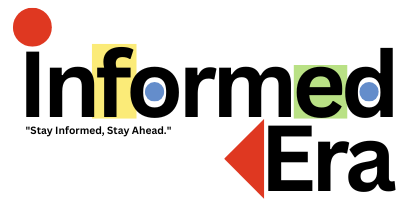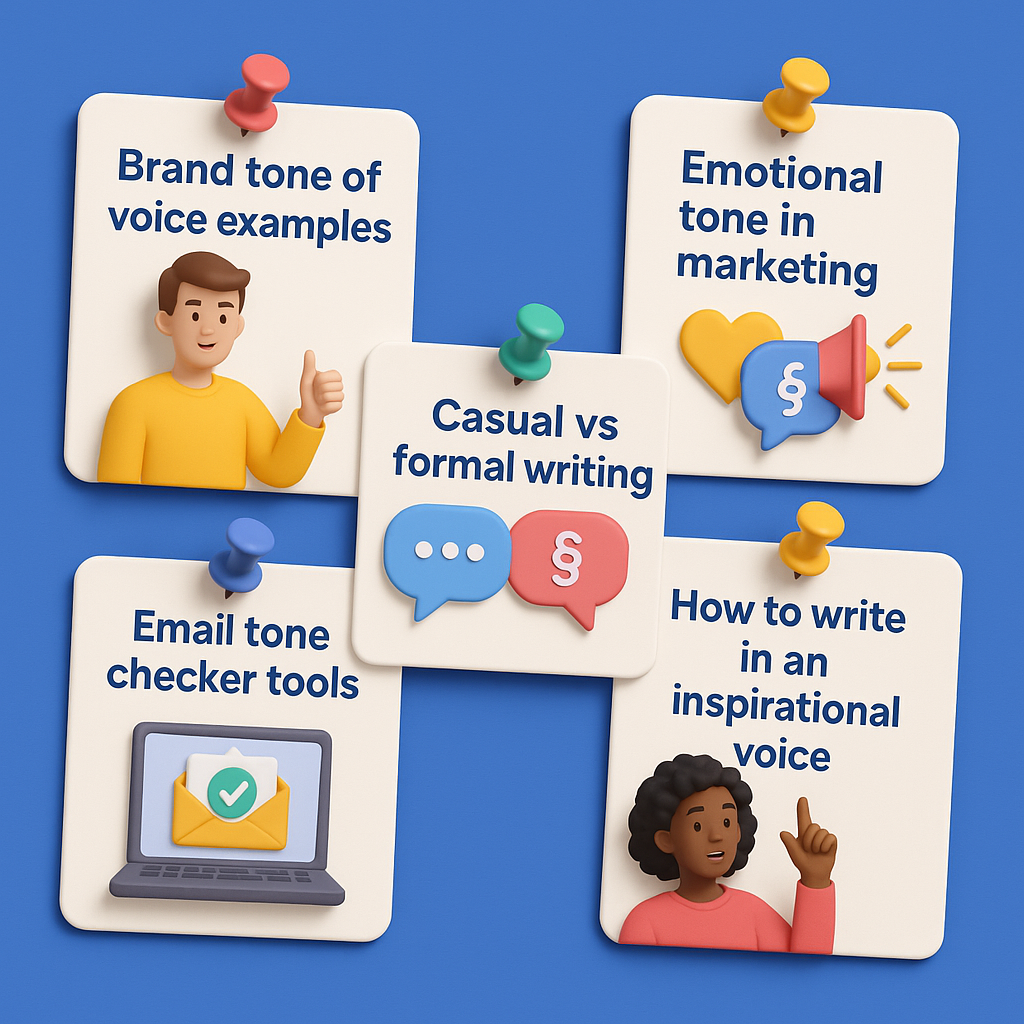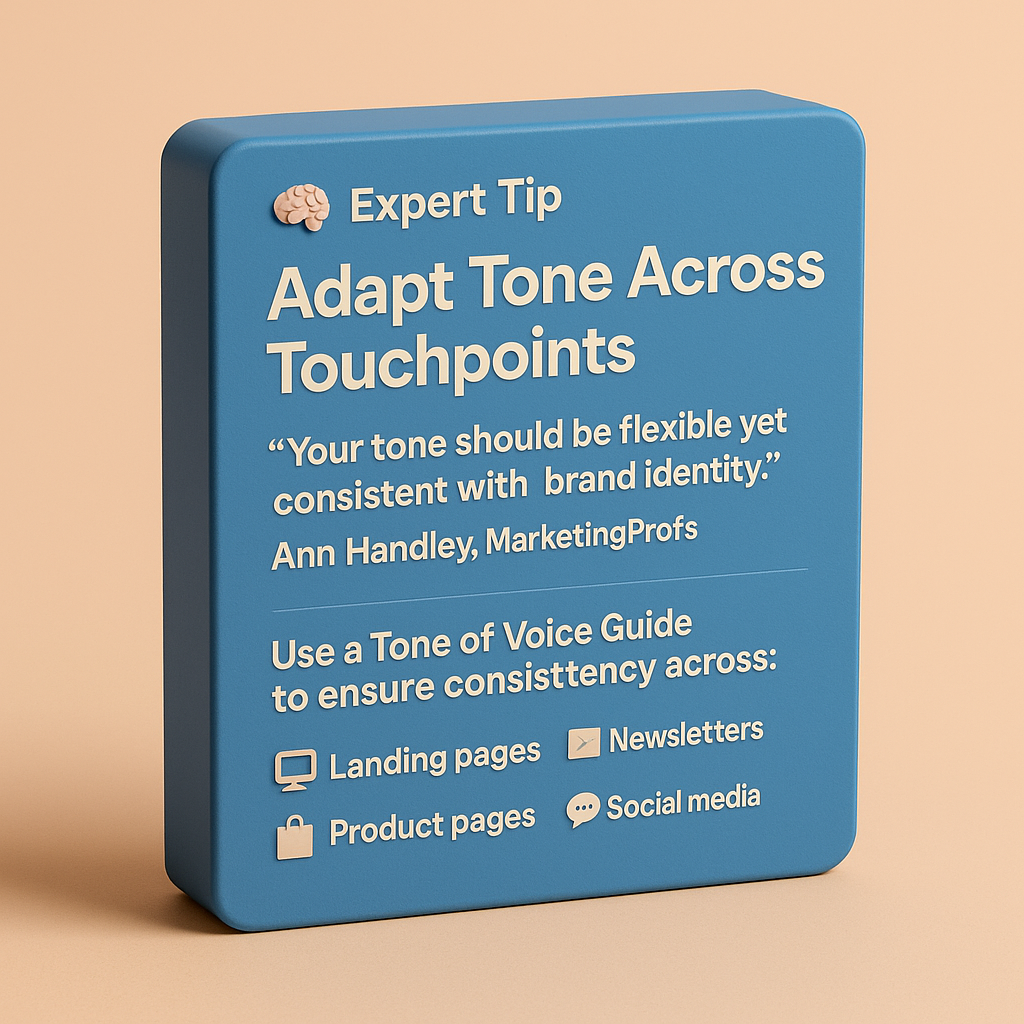
✅ Content Summary
-
Why tone of voice matters in communication and branding
-
The difference between professional, casual, and inspirational tones
-
When to use each tone for maximum impact
-
Latest stats on content tone effectiveness
-
Real-world case study from Buffer’s brand tone shift
-
SEO tips: matching tone with audience intent
-
FAQs about choosing the right tone
Do You Want the Tone to Be Professional, Casual, Inspirational, or Something Else?
Tone of voice can make or break your content in the rapidly evolving digital world of today. The tone you use has a direct effect on how your message is understood, whether you’re writing blogs, emails, product descriptions, or social media captions.
What kind of tone do you want—professional, informal, motivational, or something else entirely? There is no one-size-fits-all solution, but this guide will help you make an informed decision.
🎯 Why Tone of Voice Is Crucial in Digital Communication
Studies show that 90% of consumers expect consistent brand tone across platforms (Lucidpress, 2023). Yet, many creators and marketers struggle to match tone with context. That disconnect often leads to:
-
Lower engagement
-
Higher bounce rates
-
Poor brand perception
What Is Tone of Voice?
In simple terms, tone of voice is how your brand or message sounds. It includes:
-
Word choice
-
Sentence structure
-
Emotional undertone
Think of it like this: what you say is content, how you say it is tone.
🧭 Choosing the Right Tone: Professional, Casual, or Inspirational?
1. Professional Tone
Best for: B2B content, legal/financial writing, corporate communications
Features:
-
Formal language
-
Clear structure
-
Data-driven support
Stat: According to HubSpot, 76% of B2B buyers prefer content that “speaks to them professionally and logically” (HubSpot, 2024).
2. Casual Tone
Best for: Lifestyle blogs, eCommerce, social media captions
Features:
-
Conversational flow
-
Use of slang, emojis, or humor
-
Short, punchy sentences
“Hey there! Wanna level up your morning routine?”—That’s casual tone in action.
3. Inspirational Tone
Best for: Personal growth, health & wellness, non-profits
Features:
-
Motivational words
-
Emotional connection
-
Stories or quotes
Google Trends shows a 37% spike in searches for “inspirational content for brands” in the past year.
📌 Related & Trending Topics
In line with Google search trends and SEO strategy, people are also searching for:
Use these semantic keywords and LSI phrases across your content to increase organic visibility.
📖 Case Study: How Buffer Changed Its Tone and Boosted Engagement
Scene: 2018 – Buffer, a social media software company, had great products but noticed stagnating blog engagement.
They decided to shift from a corporate, polished tone to a transparent and human one—adding personal stories, using emojis, and admitting their mistakes openly.
Result? Engagement soared. Comments increased by 65%, social shares doubled, and their brand image improved dramatically.
(Source: Buffer Open Blog, 2019)
Their experiment shows that choosing the right tone can lead to real, measurable outcomes.
💡 Matching Tone to Audience Intent (SEO Best Practice)
Google’s algorithm now focuses on Search Intent, which means the tone of your content must match:
-
Informational queries = Professional tone
-
Transactional queries = Casual but clear
-
Inspirational queries = Uplifting, emotional tone
Using tools like Surfer SEO or SEMrush, you can analyze top-ranking content in your niche and mirror the tone that works.
🙋♀️ Frequently Asked Questions (FAQs)
Q1. How do I know which tone my audience prefers?
Check your analytics. High bounce rate = tone mismatch. Use polls, A/B testing, and customer feedback.
Q2. Can I mix tones in a single brand?
Yes, but maintain clarity. Your Instagram can be casual while your emails stay professional.
Q3. Does tone impact SEO?
Absolutely. If your tone doesn’t align with search intent, you’ll lose rank, regardless of keywords.
Q4. What’s a good tool to analyze tone?
Try Grammarly, Hemingway App, or Writesonic’s tone checker.
Q5. What if I’m targeting multiple demographics?
Segment your content strategy. Use different landing pages or adjust tone per channel.
🧩 Final Thoughts
Whether you’re aiming to motivate, inform, or entertain, the tone of your message decides whether people stay or scroll.
So next time you sit to write, pause and ask:
Do you want the tone to be professional, casual, inspirational, or something else?
The right answer will depend on your audience—and getting it right could be the difference between clicks and crickets.
🎤 Liked learning about tone in writing?
Check out how tone made headlines in our viral post:
👉 Job Interview or Rap Video? This Style Went Viral
Discover how one creator’s tone choice turned a regular interview into a trending sensation!
- How to Launch Baseball Merch & Earn While You Sleep - August 6, 2025
- 7 LinkedIn Hacks Every Baseball Pro Should Use in 2025 - August 5, 2025
- Grow a Baseball Newsletter: 7 Job Tips That Drive Subscribers - August 5, 2025









